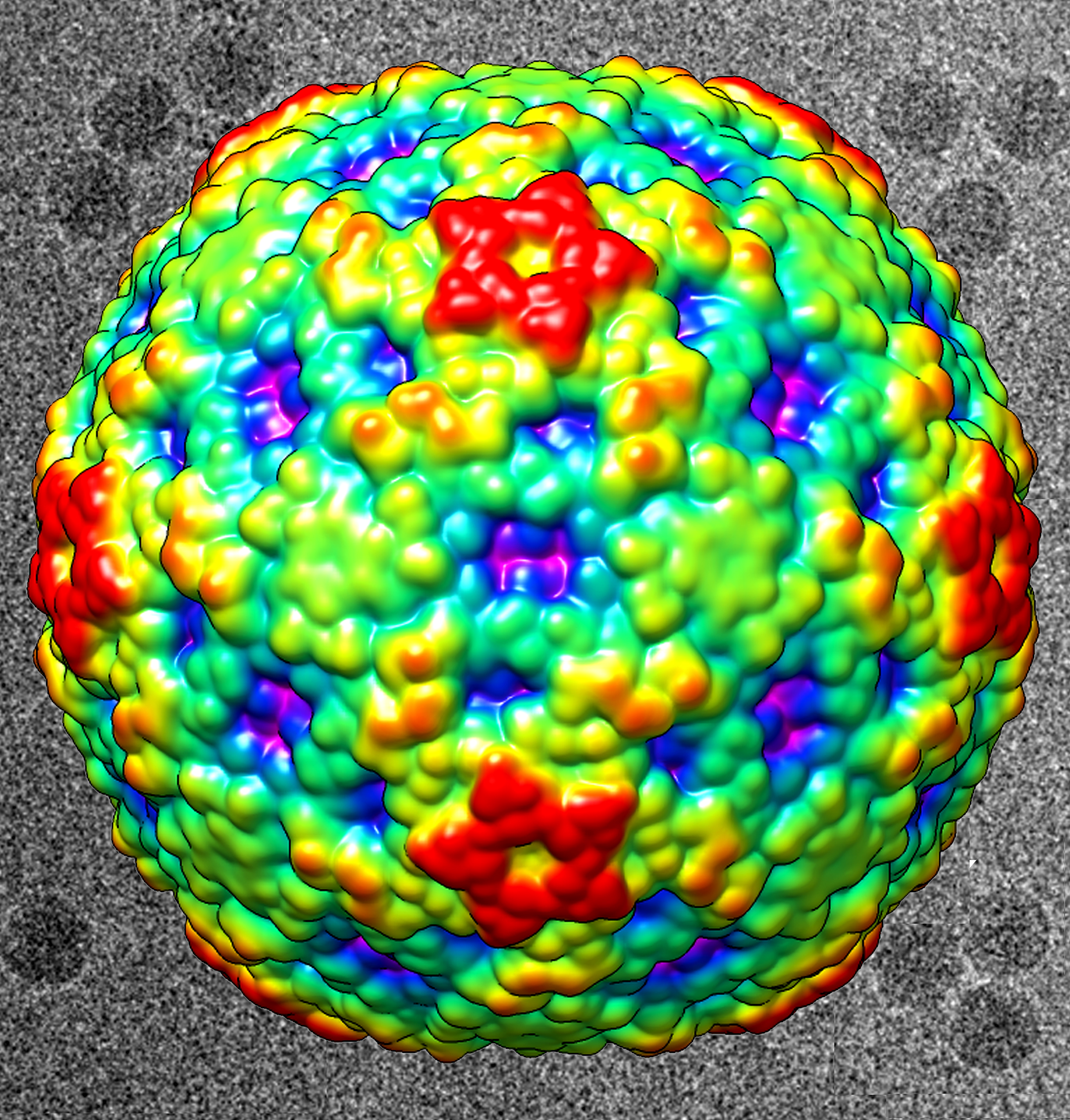Tracking Enterovirus D68, Cause of a Polio-like Illness in Some Patients
Enterovirus D68 (EV-D68) is a member of the Picornaviridae family of viruses that include poliovirus, rhinoviruses, and hepatitis A virus. Members of this virus family can cause a wide range of symptoms such as myelitis, paralysis, colds, meningitis, and hepatitis. The J. Craig Venter Institute (JCVI) has played a vital role in defining the diversity of contemporary strains of human enteroviruses by using state-of-the art sequencing technologies, bioinformatics analyses, and in vitro and in vivo modeling.

Before the summer of 2014, infections with EV-D68 were typically associated with respiratory illnesses, with only two cases associated with neurological symptoms. In late 2014 and early 2015, there was a large outbreak of EV-D68 reported throughout the United States, with 1,153 confirmed cases reported by the CDC.
The EV-D68 outbreak coincided with a large number of acute flaccid myelitis/paralysis cases. This led researchers to suspect that EV-D68 infection and non-polio myelitis/paralysis may be connected. However, due to a lack of complete genome sequence data of EV-D68 in public databases at the time, they were not able to provide evidence. This lack of data hampered scientists’ ability to understand the viral pathogenesis of EV-D68, to map the virus’ evolution, and to develop candidate medical interventions.
To address the lack of full-length genomic sequences of EV-D68, the JCVI Genomic Center for Infectious Diseases (GCID), in collaboration with other institutes, generated 205 full-length genome sequences of EV-D68 and deposited these sequences in the Virus Pathogen Database and Analysis Resource (ViPR), also developed by JCVI investigators, in order provide data for researchers worldwide. JCVI’s own analysis of EV-D68 evolution during the 2014-15 season suggests that there are genetic changes in the viral genome in a distinct clade of EV-D68 that are associated with paralysis. Most recently, in vitro and in vivo experiments demonstrate that a subset of contemporary EV-D68 are neurotropic, which may contribute to neuropathogenesis.
While a lot of work still remains to fully determine the etiological agents that cause acute flaccid myelitis/paralysis, JCVI scientists continue to characterize EV-D68 pathogenesis and its disease phenotype.
Continued funding for this research is provided through the GCID and the Bioinformatics Resource Center provided by the National Institute of Allergy and Infectious Diseases of the National Institutes of Health.